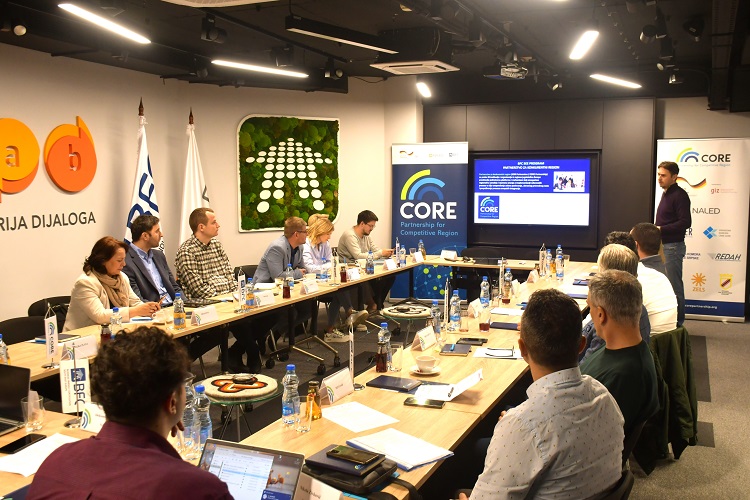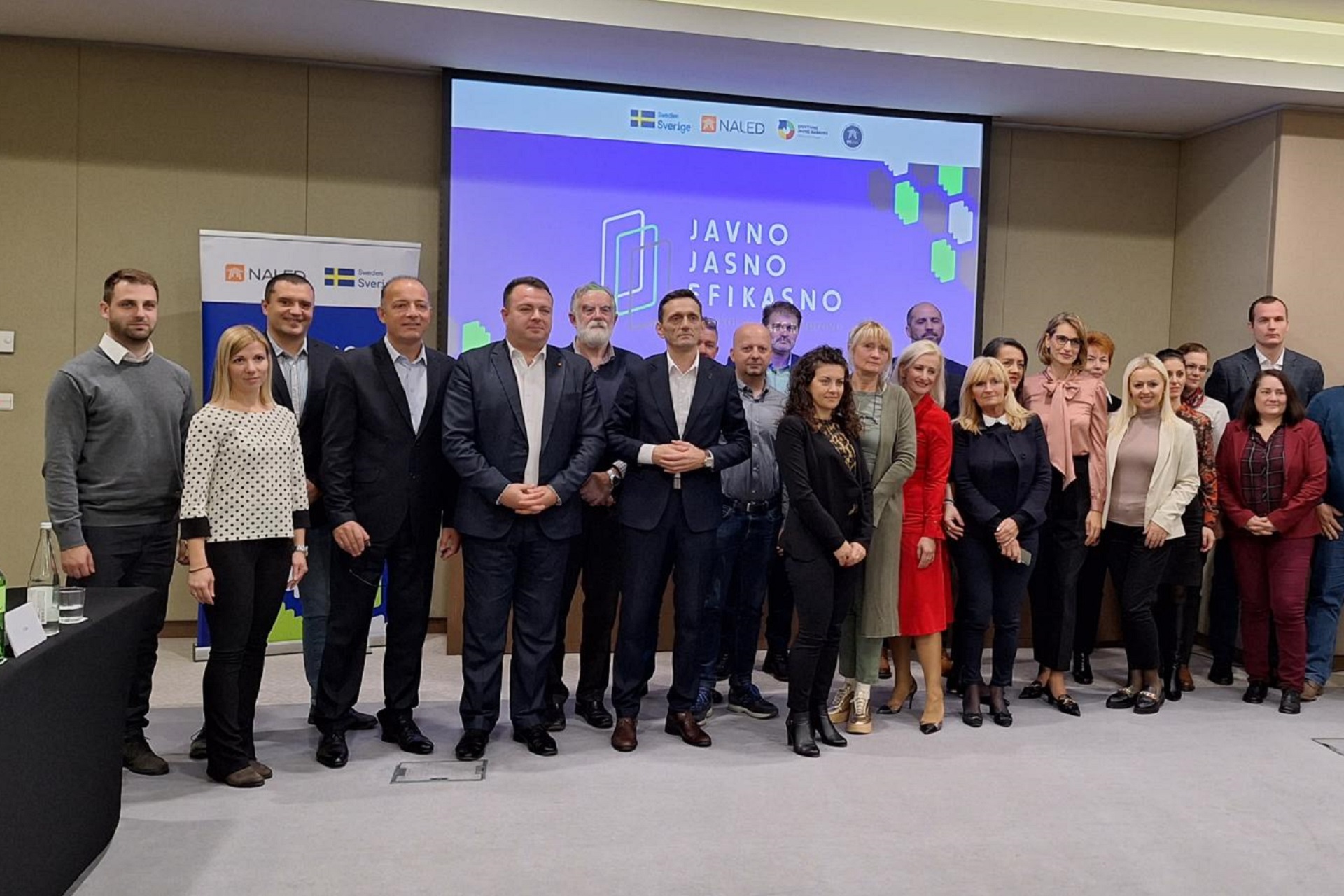The municipal building authority issued four times more construction permits than the rest of Serbia
Last year, a total of 148,907 construction permit applications were submitted in Serbia, with an increase in the number of issued permits recorded in all regions. However, local self-governments that possess a Business Friendly Certification (BFC) or are in the process of certification issued four times as many permits, and in half the time, according to new statistics from NALED, based on data from the Business Registers Agency (APR) and the Centralized Evidence of Unified Procedure (CEOP).
While an average municipality issues around 600 construction permits annually, cities and municipalities with a favorable business environment issue approximately 2,400 permits on average. Among them, the highest number of permits was issued last year in cities like Novi Sad, where 15,325 applications were resolved, followed by Kragujevac and Niš with around 5,500 and 4,300 resolved applications, respectively. On the other hand, the BFC certificate has also been significant for smaller towns and municipalities in attracting investors, as evidenced by the number of issued location conditions which nearly doubled in 2023 compared to the previous year in places like Lapovo, Paraćin, and Ćuprija.
Moreover, in BFC municipalities, the average waiting time for all necessary permits, from the first to the last request, is 108 days, which is more than twice as fast as the rest of Serbia. Among the fastest local governments are Šabac, Čačak, Ćuprija, Kragujevac, and Ruma, where the entire process is completed in just over a month.
– Establishing an efficient system for issuing building permits is one of the conditions for obtaining the BFC certificate, and the analysis of progress during the certification process has shown that local self-governments have achieved the most success in this area. For existing businesses and potential investors, the fact that a city or municipality holds this certificate means that they can count on a predictable business environment. Investor confidence is confirmed by the fact that, while the value of construction decreased everywhere last year, in BFC local self-governments it increased by 35% compared to 2022, – said Dejan Ružić, Deputy Mayor of Kragujevac, who is in the presidency of the BFC Club of Cities and Municipalities in NALED.
However, there is still room for improvement, as nearly three-fifths of local self-governments across Serbia (59%) are delayed in issuing all permits compared to legally stipulated deadlines. Issuing occupancy permits took an average of nine days longer than legally prescribed, while the average time for obtaining a building permit remained the same as in 2022, that is 10 working days, compared to the prescribed five. The good news is that public enterprises and other bodies issuing various conditions in the construction process are now 30% more efficient, meaning faster issuance of location conditions, which now takes an average of 26 days, within the legal deadline.
Electronic building permits were the first fully implemented public electronic service established in 2016, initiated and supported by NALED, which developed the software and handed it over to the state. The World Bank at that time rated this reform as one of the top 10 in international frameworks. Digitalization of administrative procedures remains a priority for BFC certification requirements to accelerate and support this process, considering that only about 20% of procedures at the local level have been digitalized so far, and only 14% of cities and municipalities have an e-Governance development strategy.
The BFC SEE program is implemented in the region under the aegis of the Competitive Region Partnership (CORE Partnership) which includes more than 20 institutions and organizations from Croatia, Bosnia and Herzegovina, North Macedonia, Montenegro, Serbia, Albania, and Kosovo*.
More than 100 cities and municipalities have gone through the certification process, of which 21 hold a valid BFC certificate, and 17 are in the process of recertification according to the new standard. In Serbia, from 2012 to now, 15 cities and municipalities have successfully obtained this recognition - Ruma, Pirot, Leskovac, Stara Pazova, Pančevo, Novi Sad, Šabac, Sombor, Pećinci, Ćuprija, Požarevac, Bor, Čačak, Paraćin, and Niš. Currently, Novi Sad, Kragujevac, Raška, Loznica, Mionica, Lapovo, Kula, Šabac, Pećinci, Velika Plana, Sombor, Ćuprija, and Užice are in the process.




